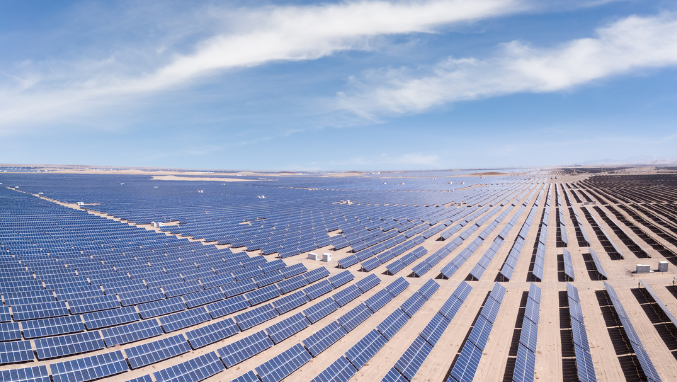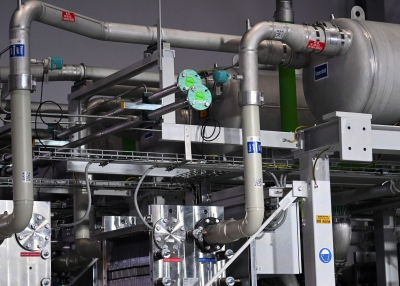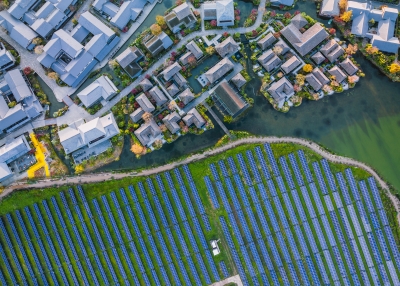Benchmarking Asia's Climate Action

As the source of over half of the world's annual greenhouse gas emissions, Asia is uniquely positioned to influence global climate outcomes. With the United Nations (UN) Climate Ambition Summit fast approaching on September 20 and the outcomes of the first Global Stocktake due at COP28 in December 2023, this year offers critical leadership opportunities for accelerating Asia’s climate action.
The Benchmarking Asia's Climate Action report on behalf of the High-level Policy Commission on Getting Asia to Net Zero analyzes Asia's progress in relation to UN Secretary-General António Guterres' Acceleration Agenda, which aims to accelerate climate action to limit global warming to 1.5°C.
The report finds that over three-quarters of Asia's emissions are now covered by net zero targets that are enshrined into Long-Term Strategies under the Paris Agreement. In addition, 16 Asian economies already have net zero targets in law or policy documents that align with the Acceleration Agenda. This group encompasses some notable emitters, including Vietnam, Malaysia, and the United Arab Emirates, the host of this year's COP28 climate talks.
Yet no developed economies in Asia have moved their net zero targets earlier than midcentury to align with the Acceleration Agenda. Eight countries' targets still lag behind midcentury, and a further 13 countries have yet to propose any sort of net zero target.
The report also highlights areas of progress and critical gaps in Acceleration Agenda priorities apart from net zero, including preparing updated Nationally Determined Contributions (NDCs) and presenting energy transition plans.
Amongst a group of Asian G20 members and other key Asian emitters that together account for almost half of global emissions, the vast majority of emissions are not yet covered by absolute emissions reductions targets in current NDCs. This means that even if countries' targets are achieved, these emissions — over 40% of the global total — could still continue increasing between now and 2030. Meanwhile, the UN's climate science body finds that global GHG emissions must peak by 2025 in order to achieve both the 1.5°C and 2°C goals set out in the Paris Agreement.
Taking more ambitious climate action sooner could enhance Asia's economic and social development. Modeling previously commissioned by the High-level Policy Commission on Getting Asia to Net Zero shows that achieving net zero emissions by 2050 could boost GDP in the Asia-Pacific region by as much as 6.3% above the levels predicated under a baseline scenario, while creating up to 36.5 million additional jobs by the 2030s.


